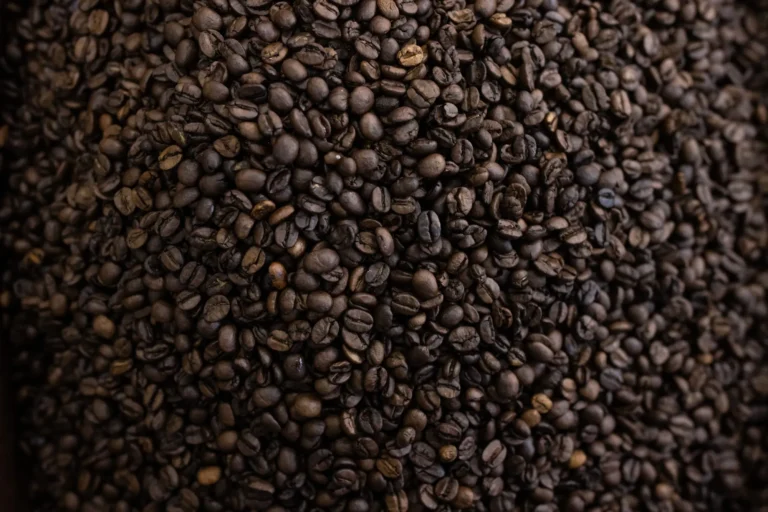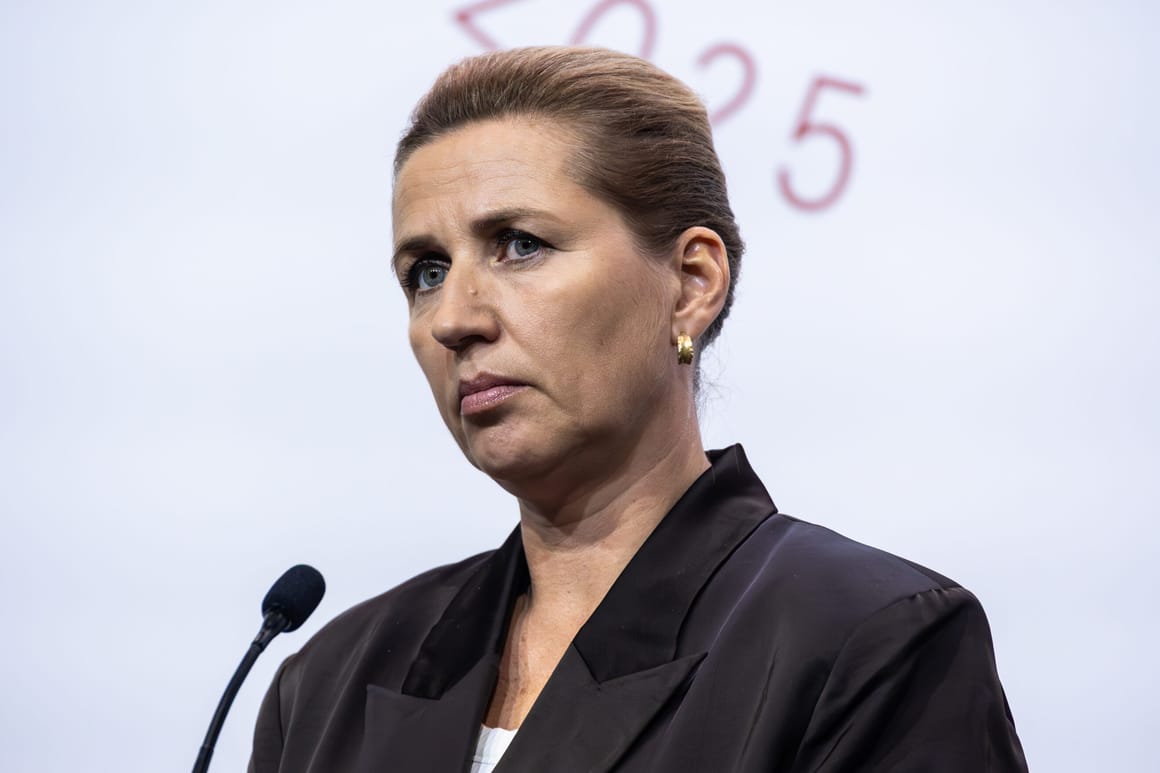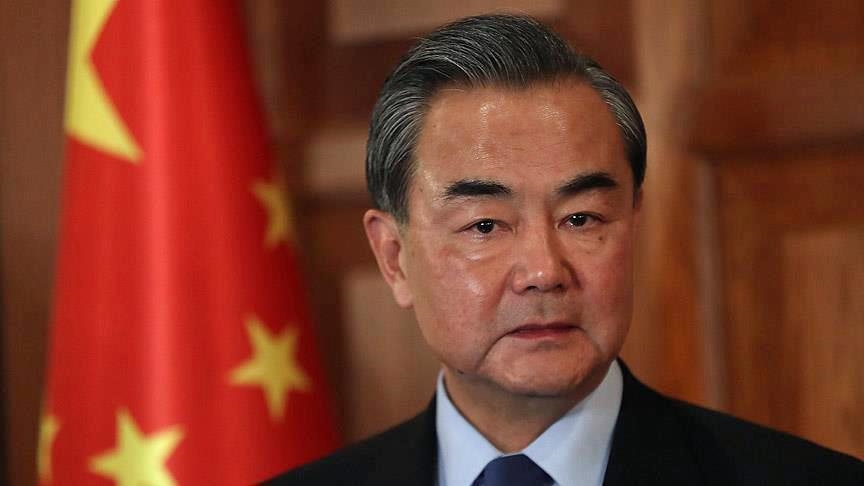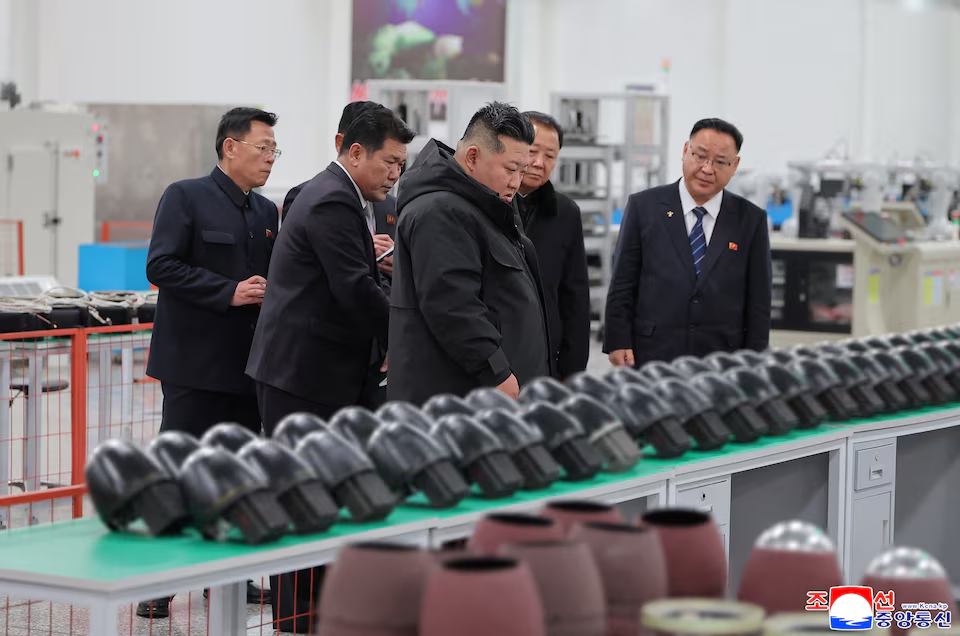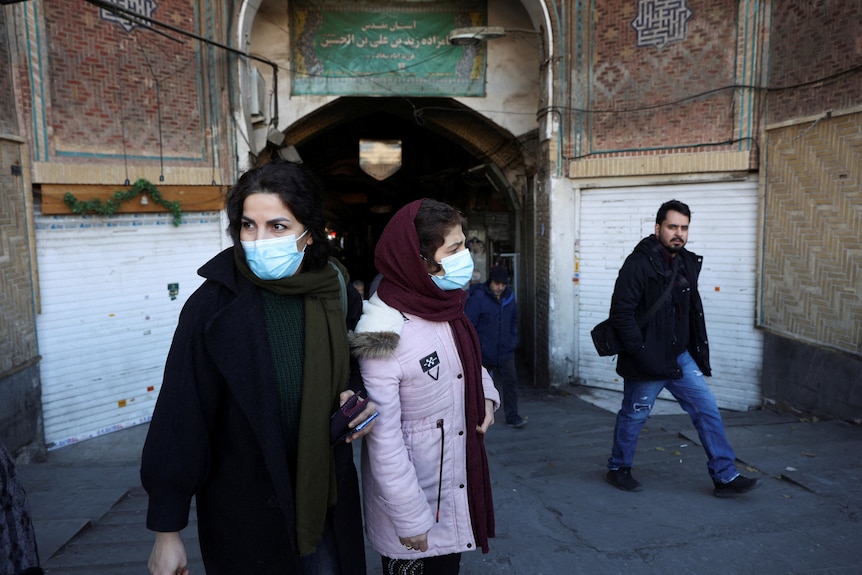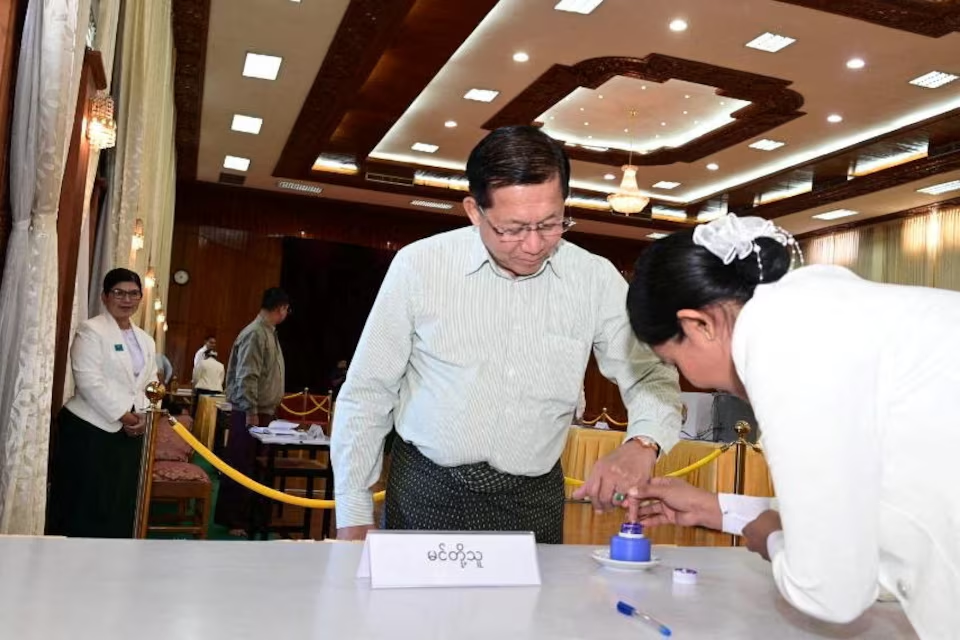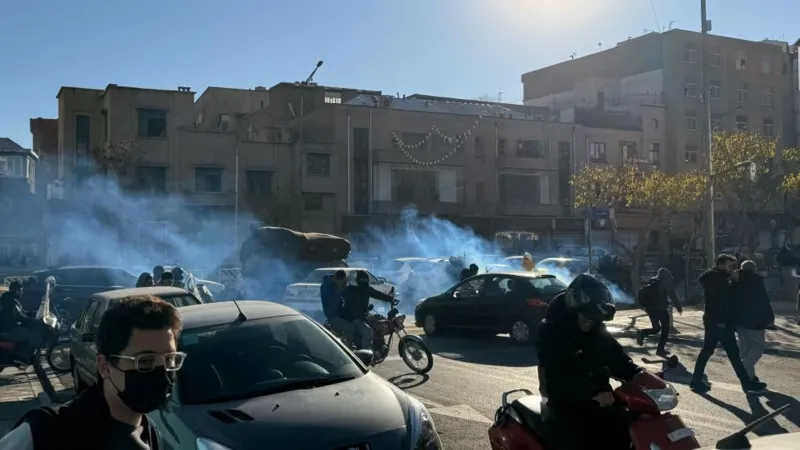U.S. President Donald Trump scrapped his 40 percent tariffs on Brazilian food imports on Thursday, reversing a policy that had sharply increased the price of beef, coffee, cocoa, and fruit in American markets since July.
The decision marks a significant retreat from the administration’s earlier stance, which imposed the duties to pressure Brazil over the prosecution of former president Jair Bolsonaro, a close Trump ally. The reversal suggests the White House is moving to ease costs for U.S. consumers ahead of the holiday season.
The order, published by the White House, applies to Brazilian shipments arriving on or after November 13. It may also require refunds for duties collected since the tariffs were introduced, according to the document.
Brazil is the source of roughly one third of the coffee consumed in the United States, the world’s largest coffee market, and has become an increasingly important supplier of beef used in fast-food chains and retail burger products.
Retail coffee prices in the United States have jumped by as much as 40 percent this year, driven by the tariff dispute and weather-related supply shortages in major exporting countries, according to traders.
Trump’s approval ratings have slipped to their lowest point since his return to office, with rising food costs cited as a leading factor in a Reuters/Ipsos survey published this week.
Read Also: ICE Accused of Detaining ‘Out-of-Status’ Immigrants At USCIS
Commodities analyst Judith Ganes said the reversal is likely to unlock products that importers had held in storage to avoid duties.
“You can expect some thousands of bags of Brazilian coffee that were sitting in bonded warehouses to start moving quickly to U.S. roasters,” said Ganes, who heads J. Ganes Consulting. Bonded warehouses allow companies to store goods without paying import taxes until items enter the domestic market.
Brazilian industry groups also welcomed the decision. The beef exporters’ association ABIEC said the reversal highlights the “effectiveness of the trade negotiations” and vowed to pursue a larger share of the U.S. market.
While the order lifts tariffs, it made no mention of U.S. sanctions imposed earlier this year on Brazilian officials involved in Bolsonaro’s prosecution for attempting to overturn the 2022 election.
Brazil’s Supreme Court Justice Alexandre de Moraes, who oversaw several investigations tied to the alleged coup plot, was sanctioned under the Global Magnitsky Act, and several officials reportedly had their U.S. visas revoked.
Brasília has pushed back publicly against Washington’s earlier measures. Brazilian President Luiz Inácio Lula da Silva welcomed the tariff removal but continues to insist that Brazil’s judicial process was not influenced by foreign pressure.

